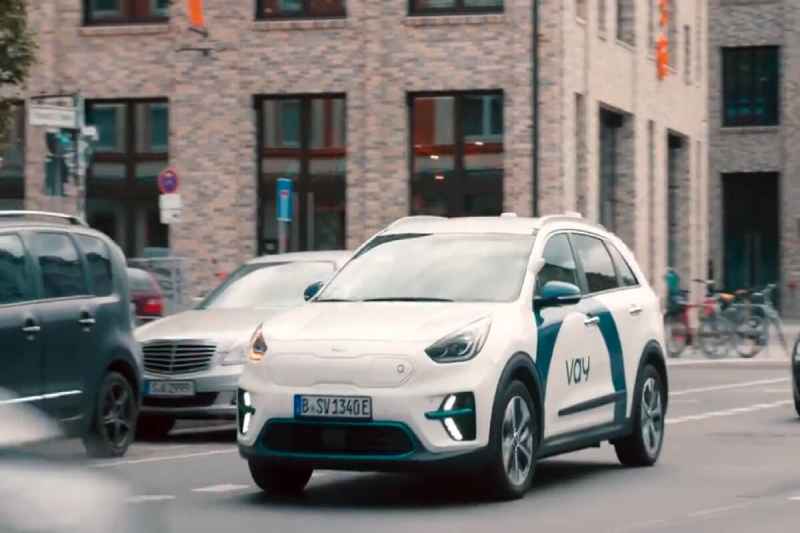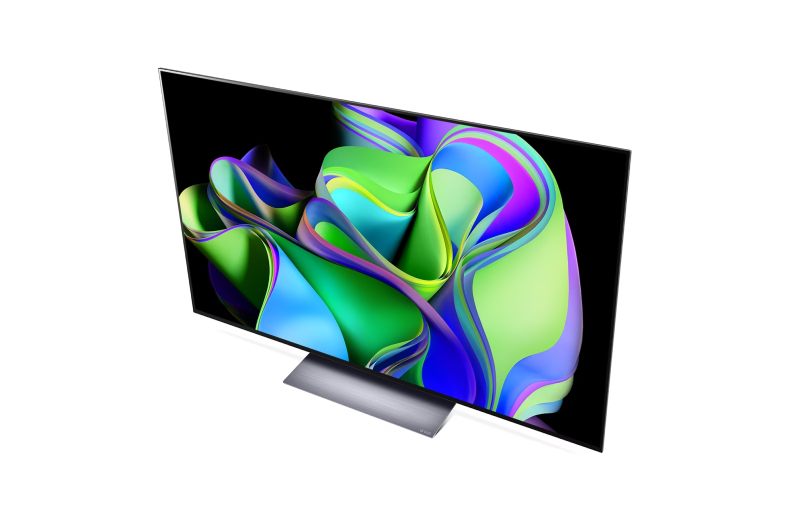German startup Vay entered into rivalry with more well-funded and valuable American companies in the mobility technology sector on Wednesday when it introduced its so-called “teledriving” solution in the United States for the first time.
The company said that its new service is now available in Nevada, Las Vegas. To date, it has raised $110 million from investors, including Swedish investment behemoth Kinnevik, American fund Coatue, and French private equity fund Eurazeo.
Through Vay’s service, consumers in rural areas will be able to order automobiles directly from drivers. Once the journey is over, users can select via the Vay app to have one of the company’s teledrivers take over and park the vehicle. Vay then uses his teledriver to drive the automobile back.
The business has already tested driverless vehicles using remote controls on public highways in the United States and Europe. The technology has been successful in getting past regulators on both sides of the Atlantic.
Vay, on the other hand, says that drivers must pass stringent examinations and assessments in order to be approved as teledrivers on its network, and that its service is built with safety in mind.
“We develop our teledrive technology in order to fulfill applicable safety requirements and to provide customers a reliable mobility service,” Thomas von der Ohe, Vay’s CEO and co-founder, told CNBC.
“With teledriving, a human is in charge. This allows us to handle complex maneuvres such as unprotected left turns, emergency situations and road works based on human perception and decision-making ability.”
Von der Ohe stated that Vay made sure the Nevadan authorities were in favor of its technology prior to launching it, and that the system was designed in accordance with local regulations.
An another perspective on Tesla-style autonomous
Vay is significantly smaller than Tesla in terms of scale. However, it expects that as demand for alternative transportation alternatives rises, their take on “driverless” cars—where the vehicle is operated by an actual driver situated in a remote location somewhere else—will take off.
Vay is a car-rental service that enables customers to book a vehicle, have it remotely driven to them by one of its certified drivers, and then pick up the vehicle and drive it to their desired location.
The plan is for the Vay app user to choose on the app for a skilled “teledriver” to take over and park the car in a designated spot when they are finished with their journey.
According to Von der Ohe, who spoke with CNBC, the company’s solution outperforms those of robotaxis startups like Tesla, Google’s Waymo, and General Motors’ Cruise.
According to him, the previous year proved to be challenging for the robotaxi sector. GM, a significant participant in the San Francisco autonomous vehicle market, reduced its investment in its Cruise autonomous unit by 50% following several mishaps involving its robotaxis, one of which involved a collision with a fire engine.
“For robotaxis, 2023 was a difficult year,” von der Ohe said to CNBC. From a technical standpoint, running a robotaxi service is really challenging. There aren’t many businesses that can handle it,” he continued, mentioning Waymo as an uncommon illustration of a business that’s successfully implementing autonomous fleets.
According to von der Ohe, it doesn’t make financial sense either, adding, “If they become available, they have to be priced at Uber prices.”
“Right now, they’re far away from that efficiency in terms of operational costs and capex costs,” he said.
“These are challenges that they have we come at in a completely contrarian way. It’s not we say they’re doing it wrong or we do it better, we just do it different,” he said, adding that Vay will offer a service that’s a lot cheaper than ride-hailing.


 Business4 weeks ago
Business4 weeks ago
 Business4 weeks ago
Business4 weeks ago
 Business4 weeks ago
Business4 weeks ago
 Technology4 weeks ago
Technology4 weeks ago
 Business3 weeks ago
Business3 weeks ago
 Technology3 weeks ago
Technology3 weeks ago
 Business2 weeks ago
Business2 weeks ago
 Technology3 weeks ago
Technology3 weeks ago










